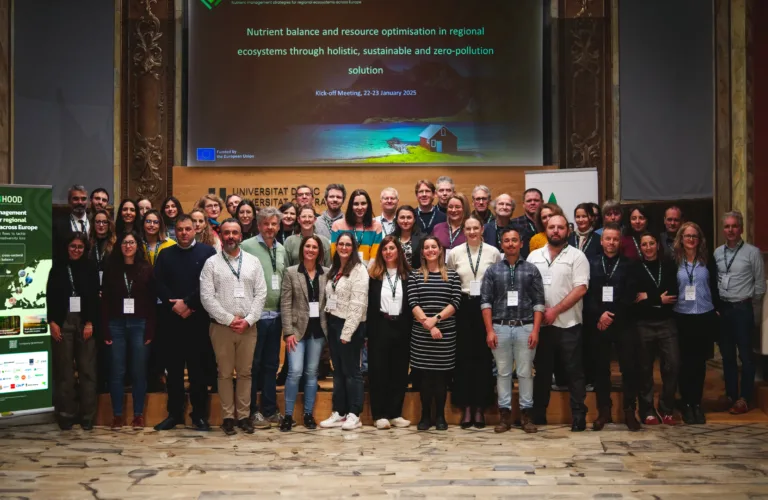From Fish Waste to Bark Extract: BIO2 Closes the Loop
Organic producers still have few approved alternatives to copper-, sulphur- and mineral-oil-based crop-protection products, manure from conventional farming and synthetic antiparasitic medicines for livestock.
The aim is to replace these inputs with biobased, circular products, making organic farming more robust, profitable and climate-friendly.
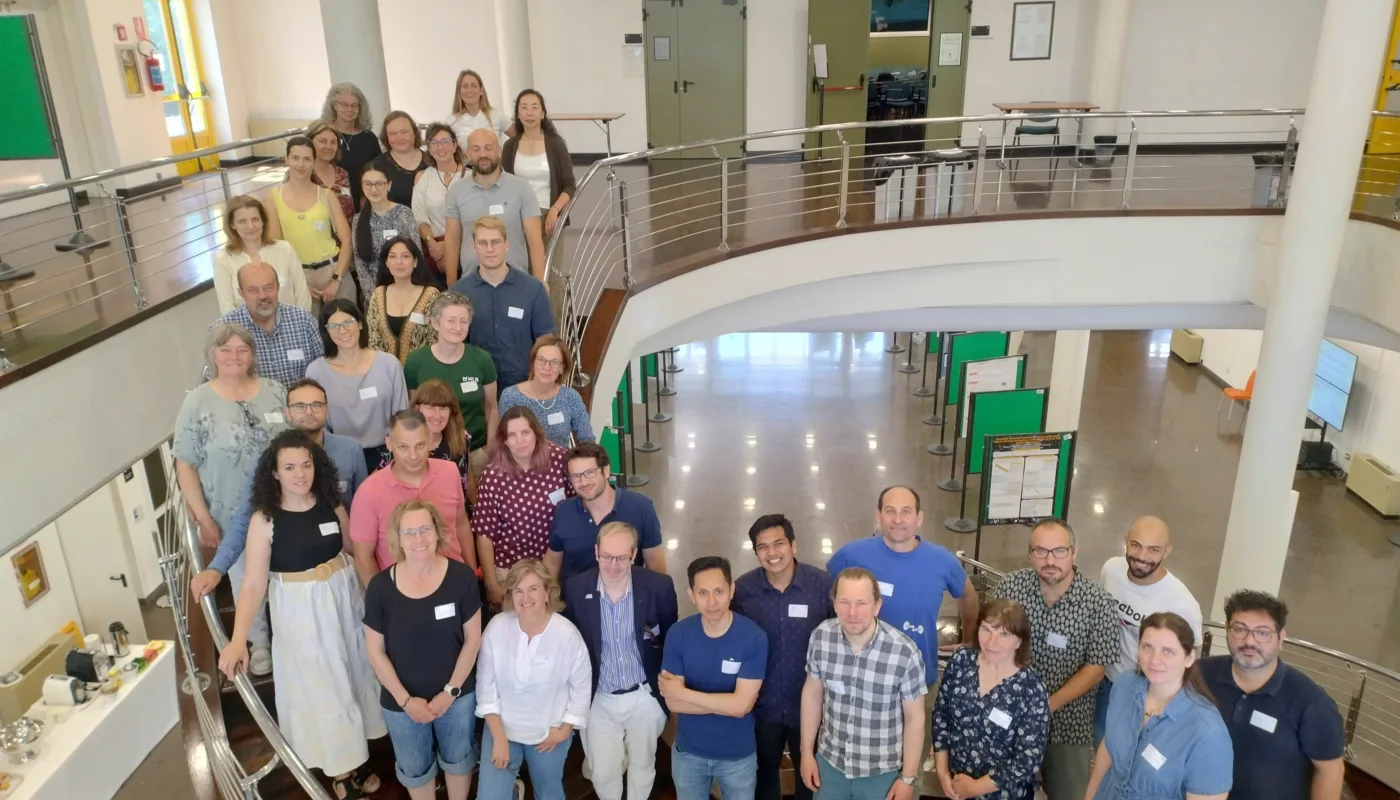
Circular fertilisers
The researchers combine marine residual raw materials such as fish waste and seaweed, microorganisms and nutrients recovered from treated wastewater. The goal is tailor-made fertilisers that meet crop needs in organic cultivation with a low environmental footprint.
Encapsulated biocontrol agents
The project explores a technology in which beneficial yeast and bacterial strains are “packaged” in natural, biobased materials. Encapsulation shields the microorganisms from external stress and makes them more effective at combating crop diseases.
Microalgae-based redemies against fungi
Bio2 will test crop-protection products derived from microalgae that naturally produce antifungal substances. This will allow farmers to reduce—or even avoid—the use of copper and sulphur preparations, which often have negative side-effects for soil and water environments.
Natural immuno- and antiparasitic agents
By inactivating mycobacteria and extracting active compounds from bark, the project develops products that strengthen the animal immune system and fight parasites—offering a potential alternative to current medicines that face resistance problems.
Method and collaboration
From the very outset, production processes run at pilot scale so that enough material is available for field and animal trials. The new solutions are tested side by side with current methods. At the same time, the team assesses environmental impact, raw-material availability, costs and regulations, and involves farmers, industry and consumers to ensure practical acceptance.
Expected results
By the end of the project, Bio2 aims to deliver at least one commercial plant-protection product, two circular fertilisers and one antiparasitic treatment for livestock. Together, these will lower environmental pressures, improve resource use and advance a circular bio-economy in agriculture.
In brief
Bio2 links marine residues, microbiology and advanced processing to provide organic farmers with safer, greener tools—helping them produce safe food and healthy livestock with lower emissions and less environmental impact.
Related articles
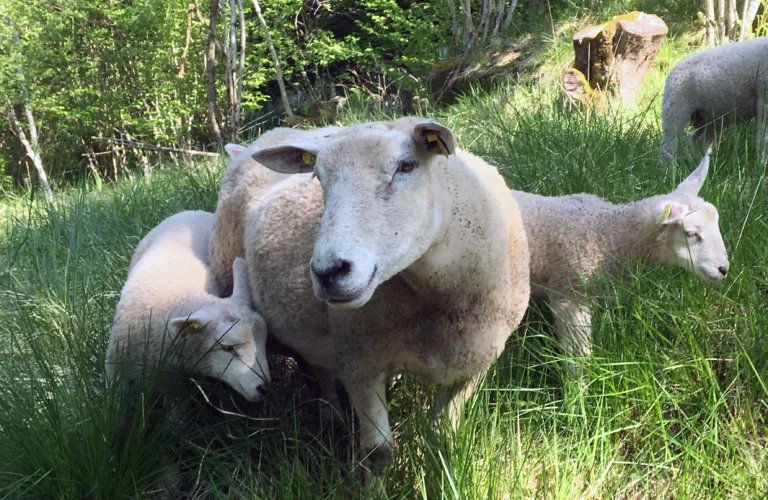
Bark as feed addative
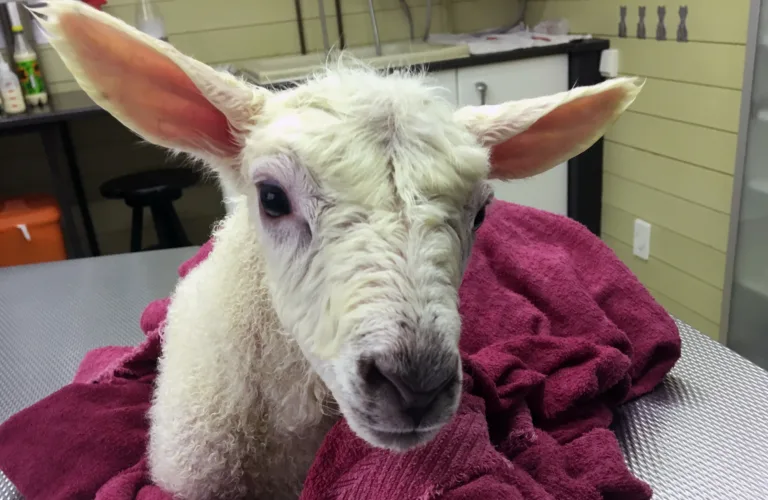
Bark extract to prevent coccidiosis in lambs
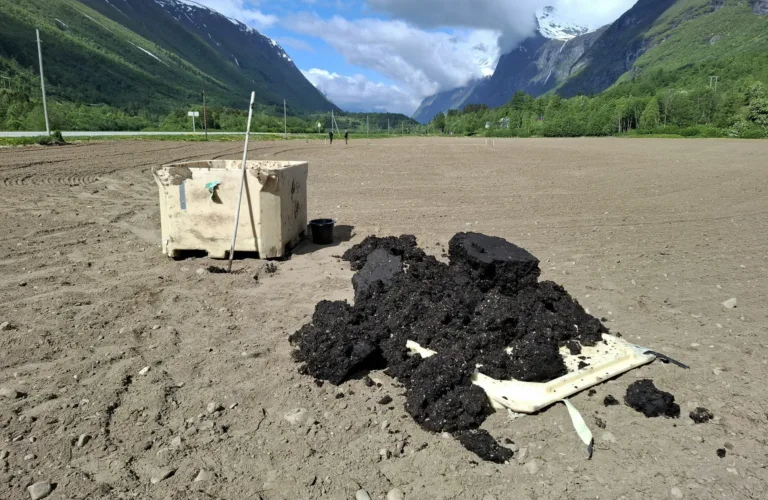
Field trial with mineral-organic fertiliser made from marine by-products and biogas production
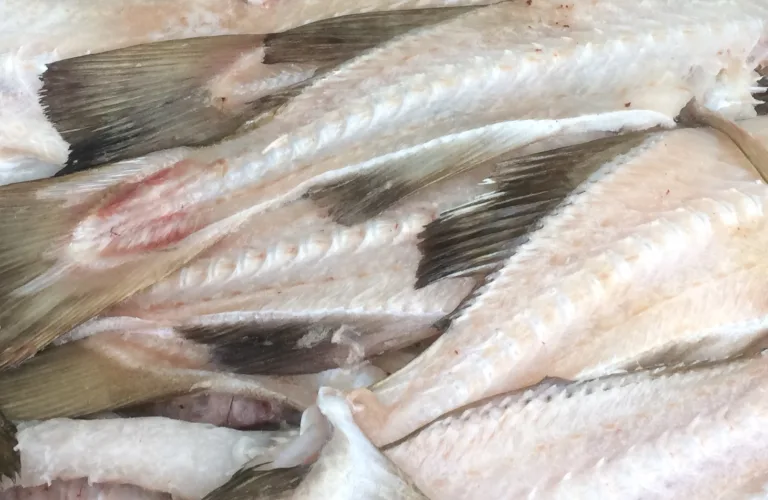
Sustainable utilization of MARine resources to foster GREEN plant production in Europe - MARIGREEN
